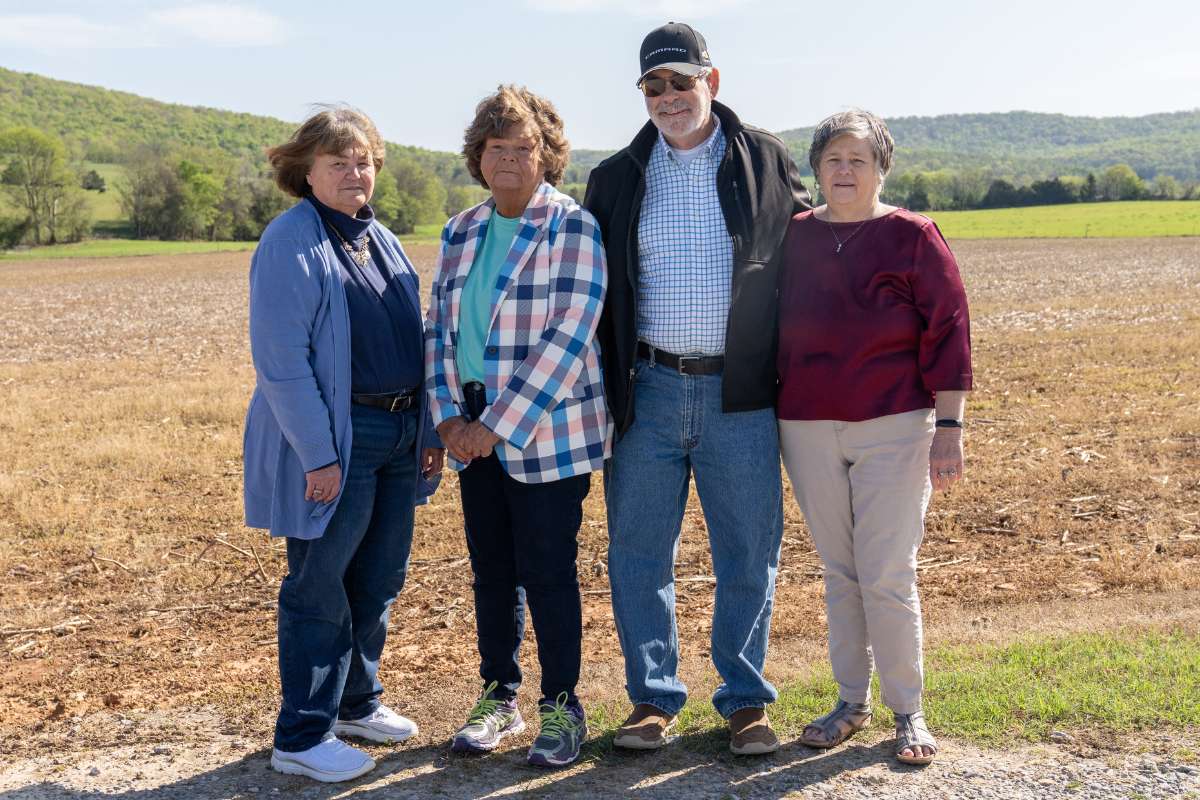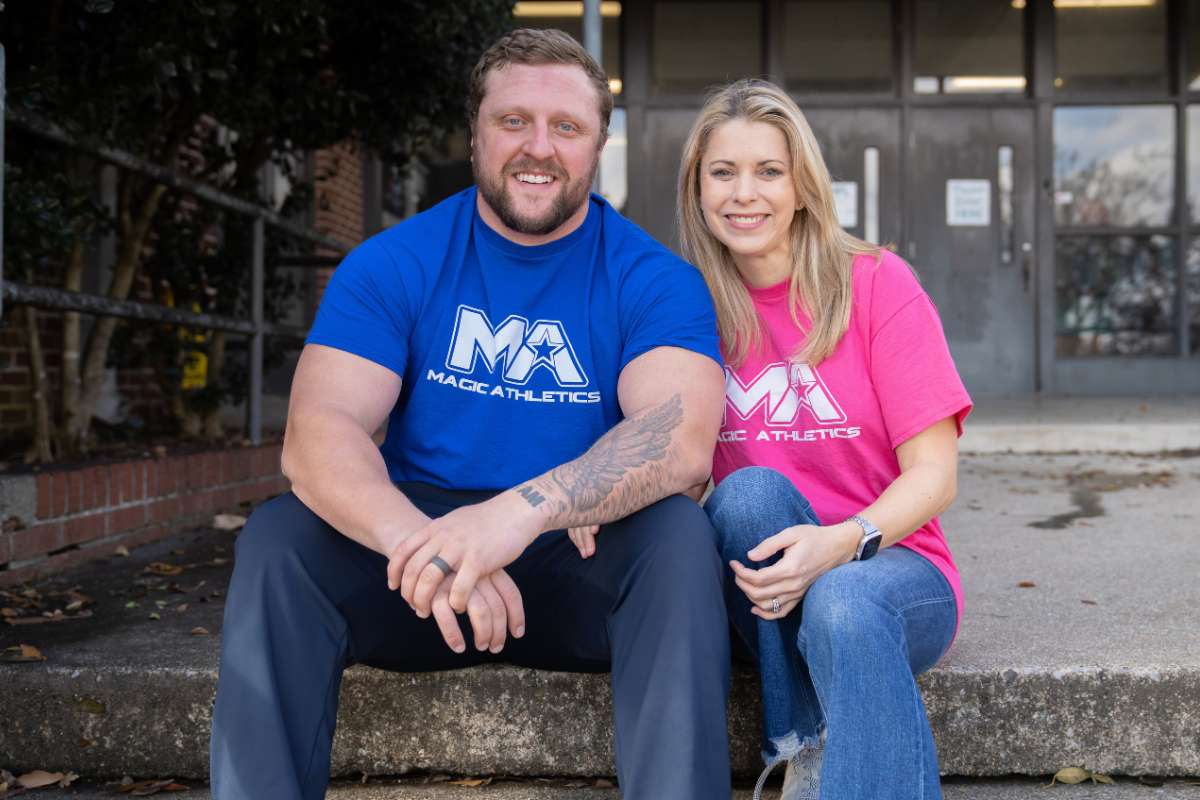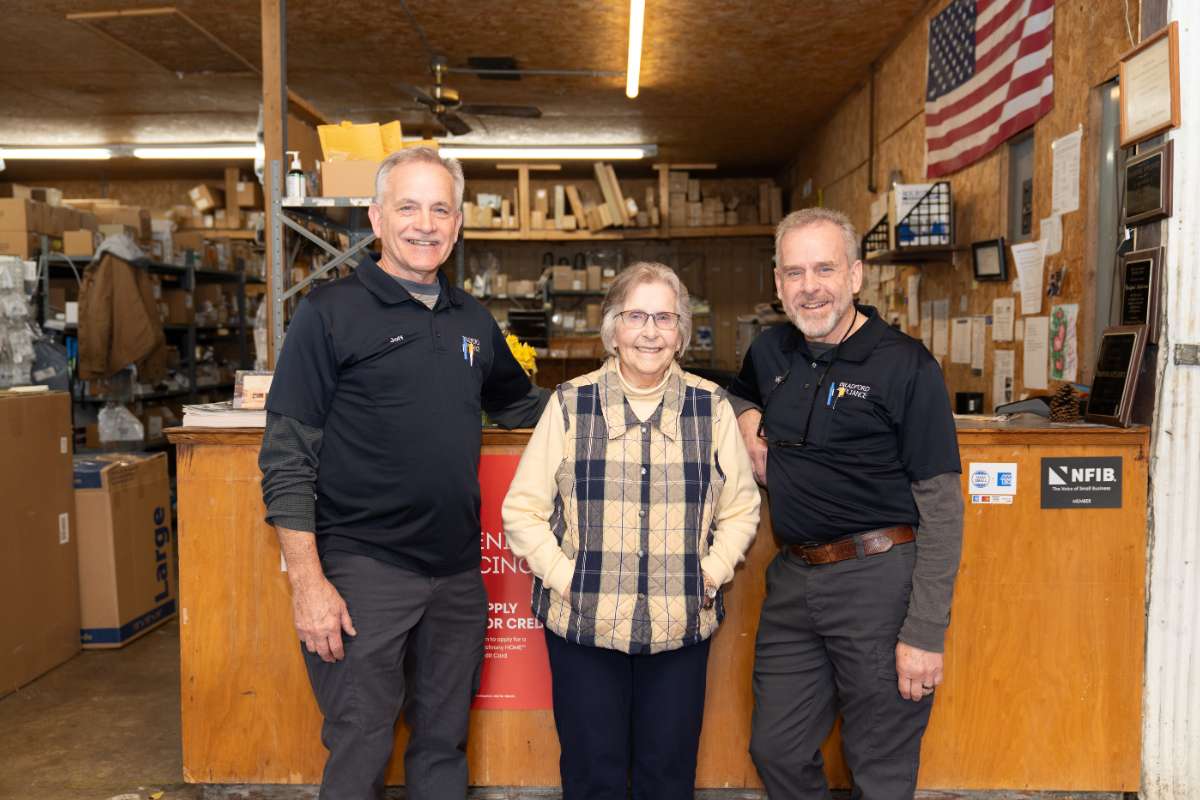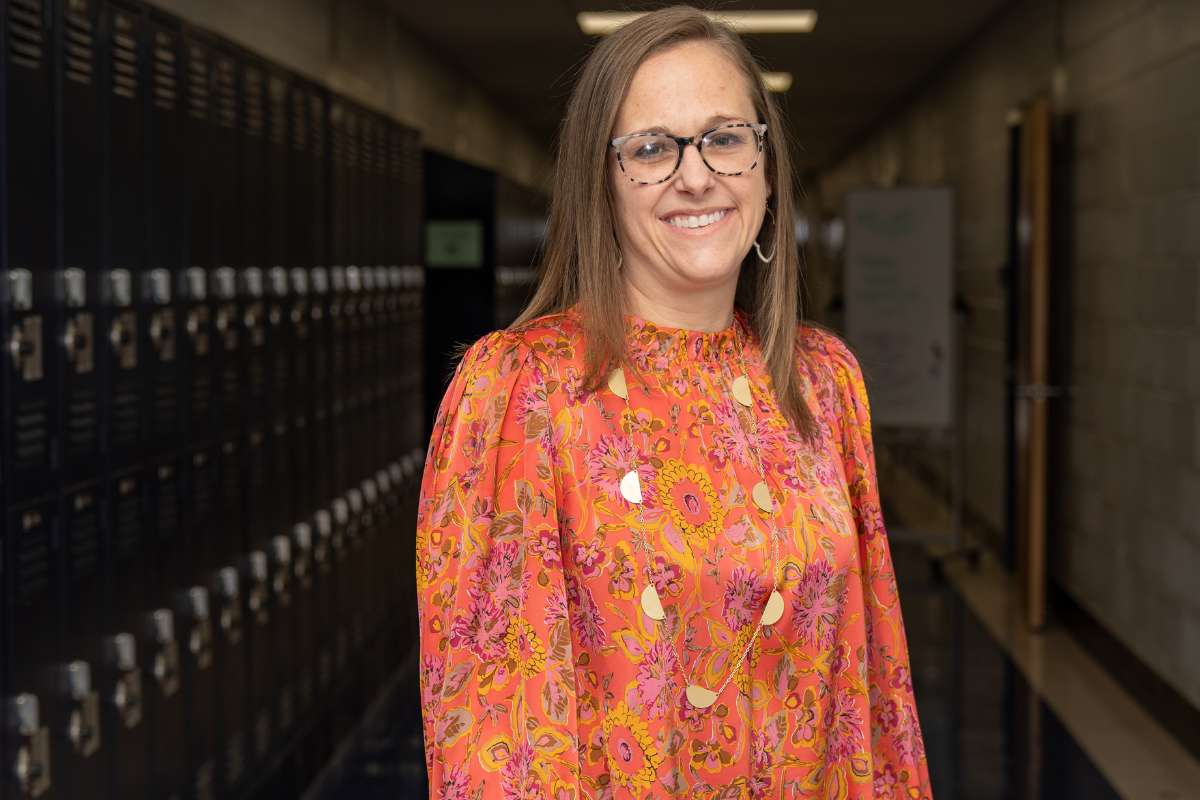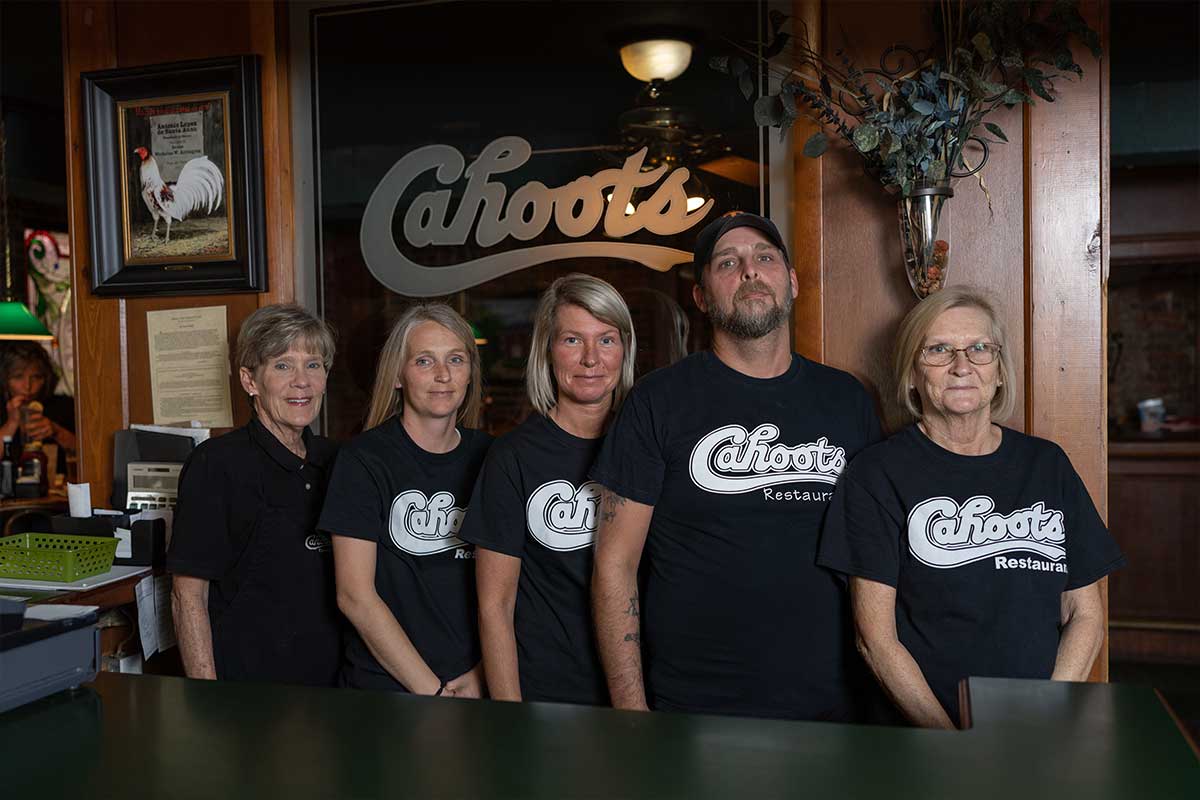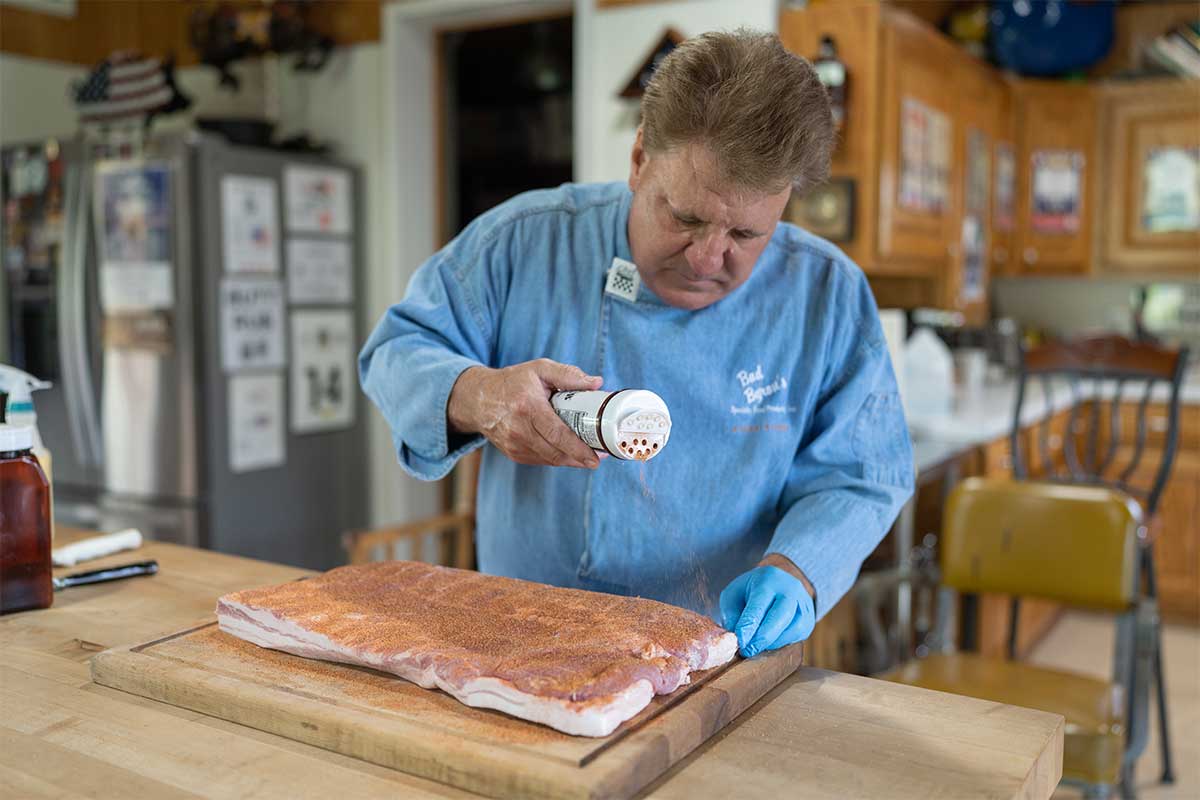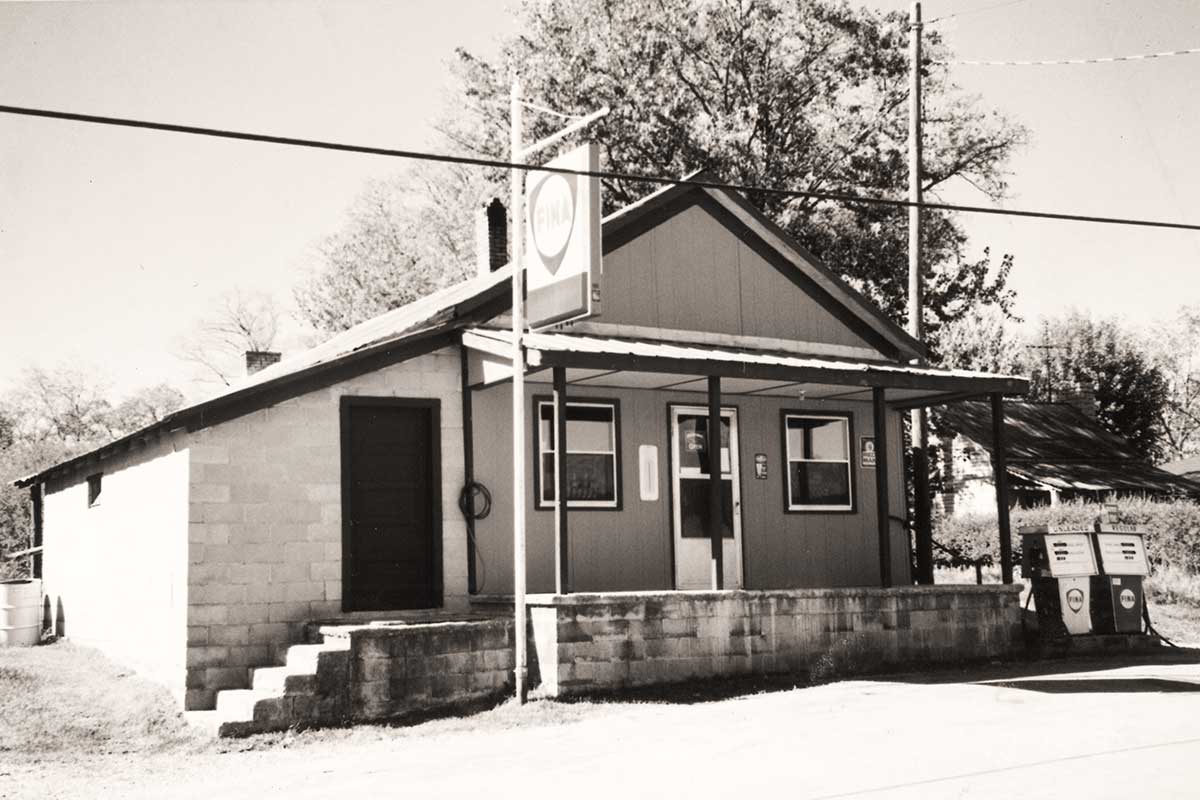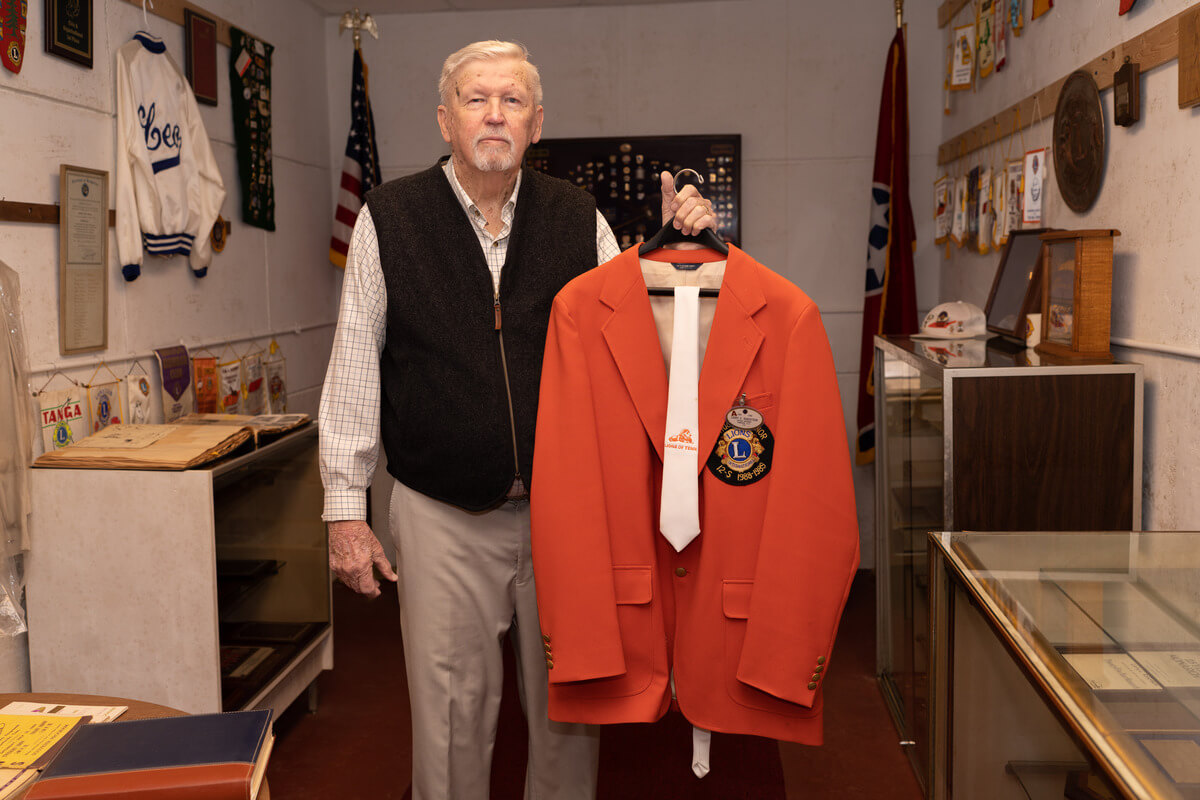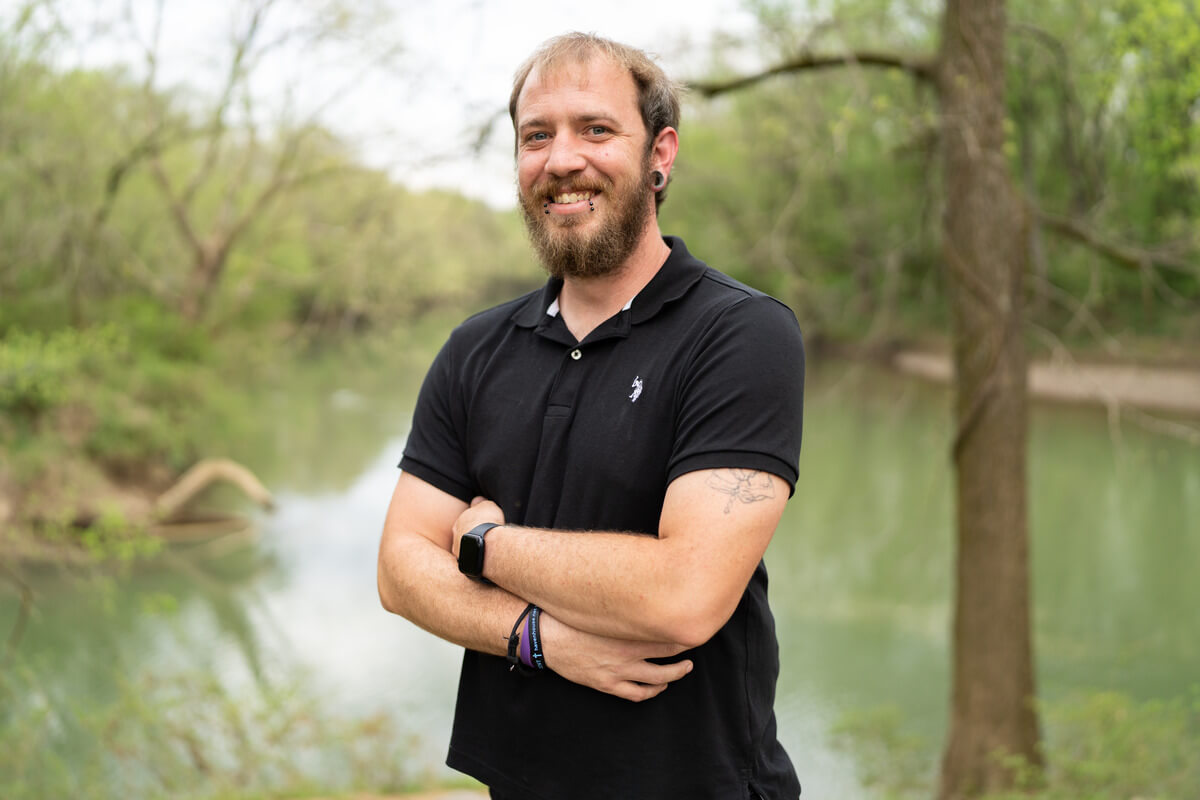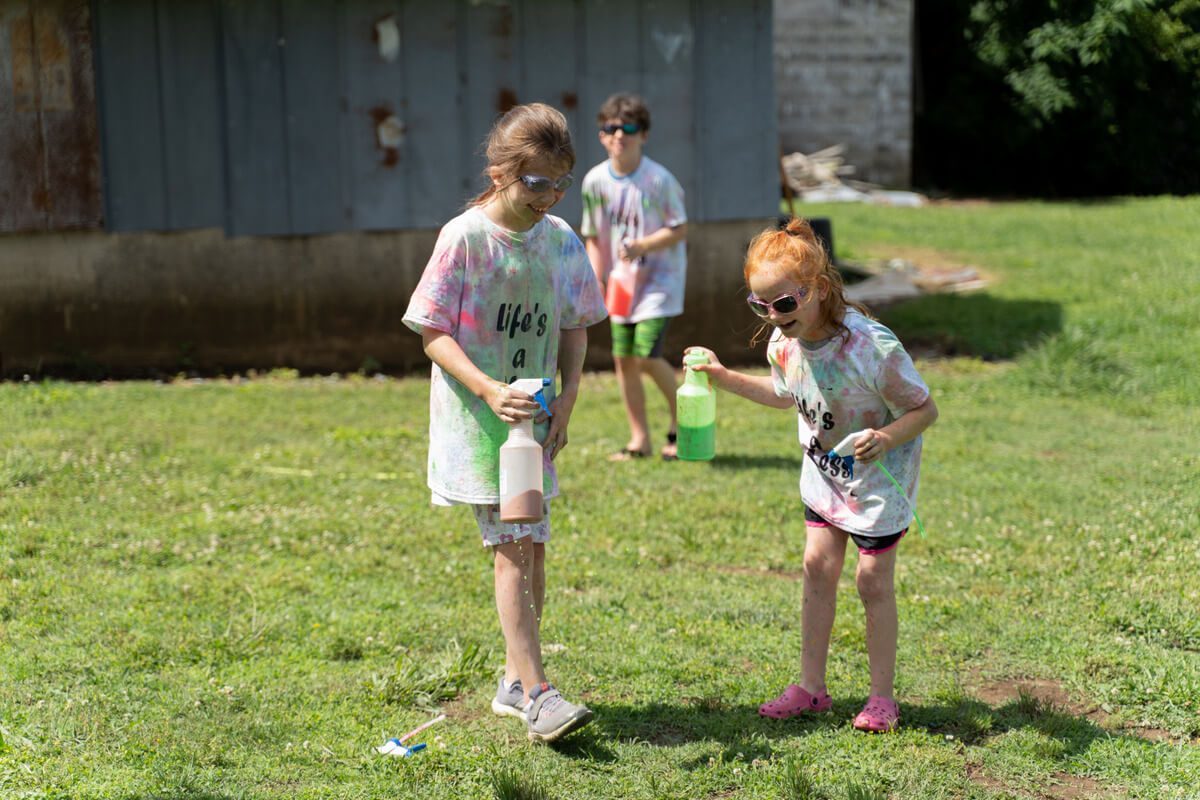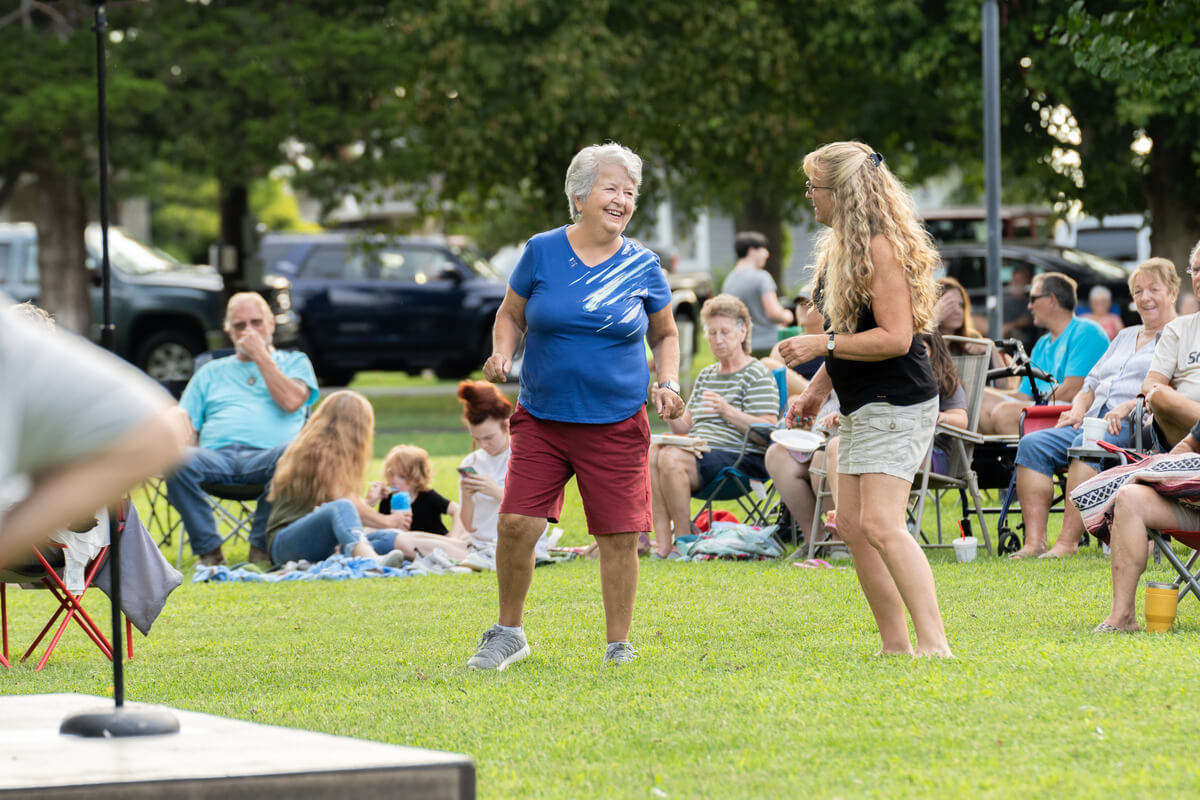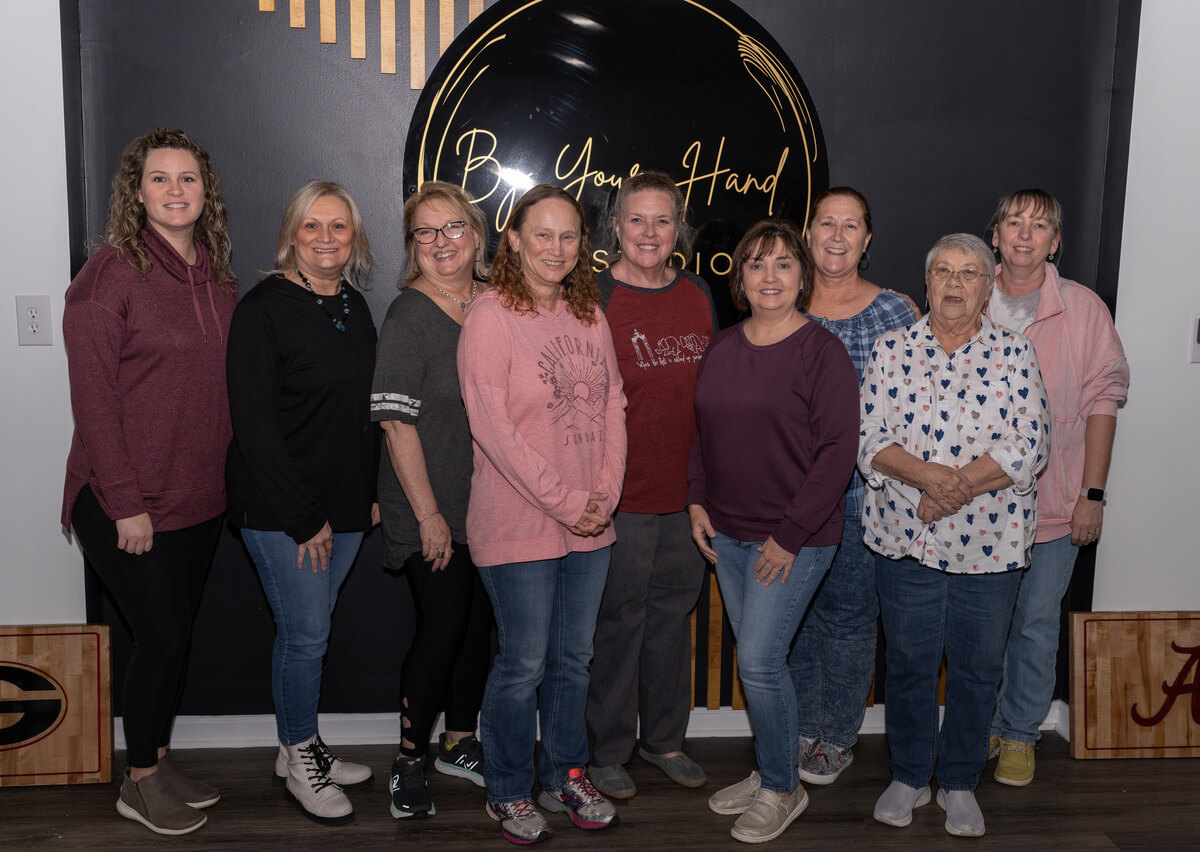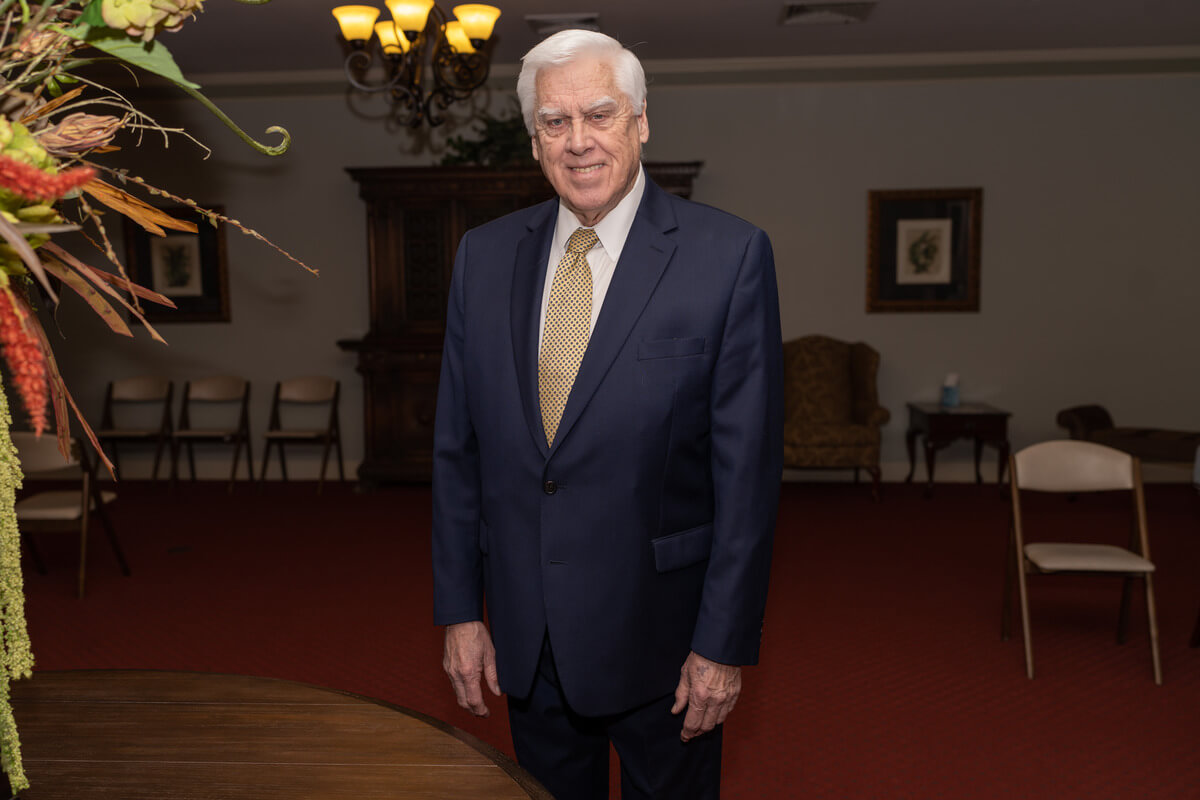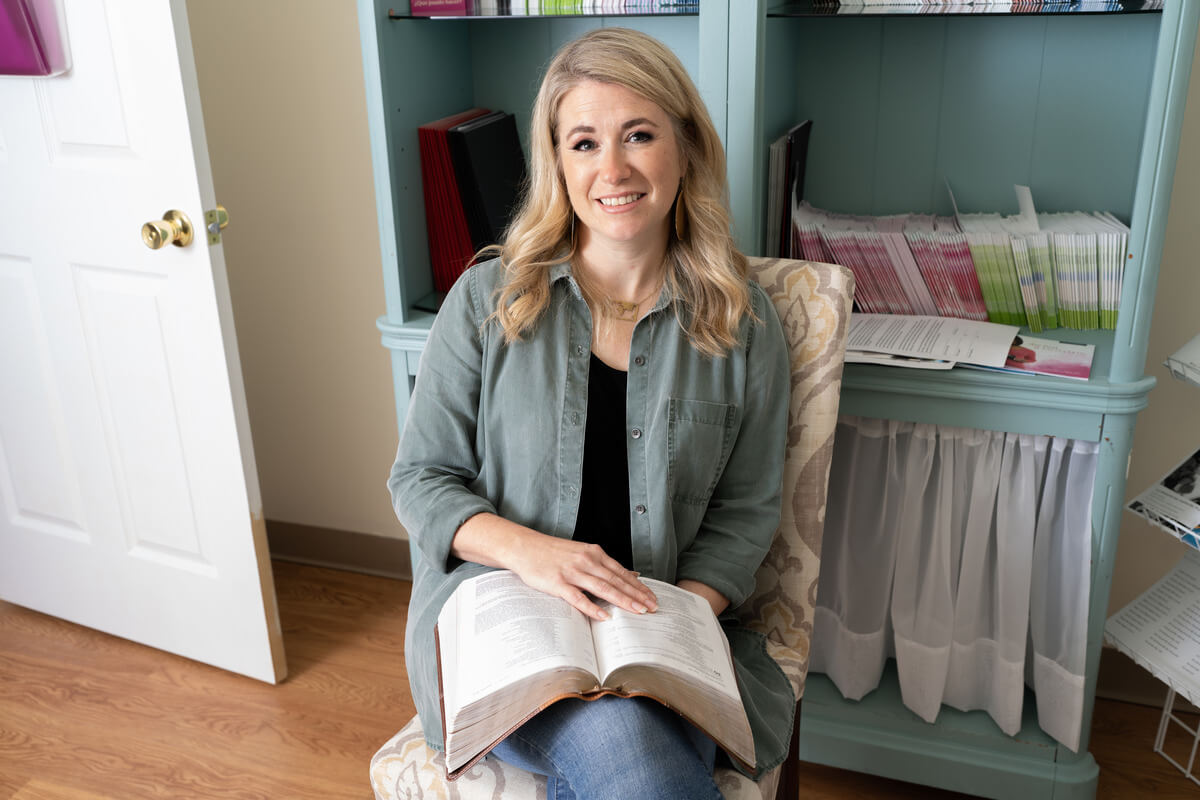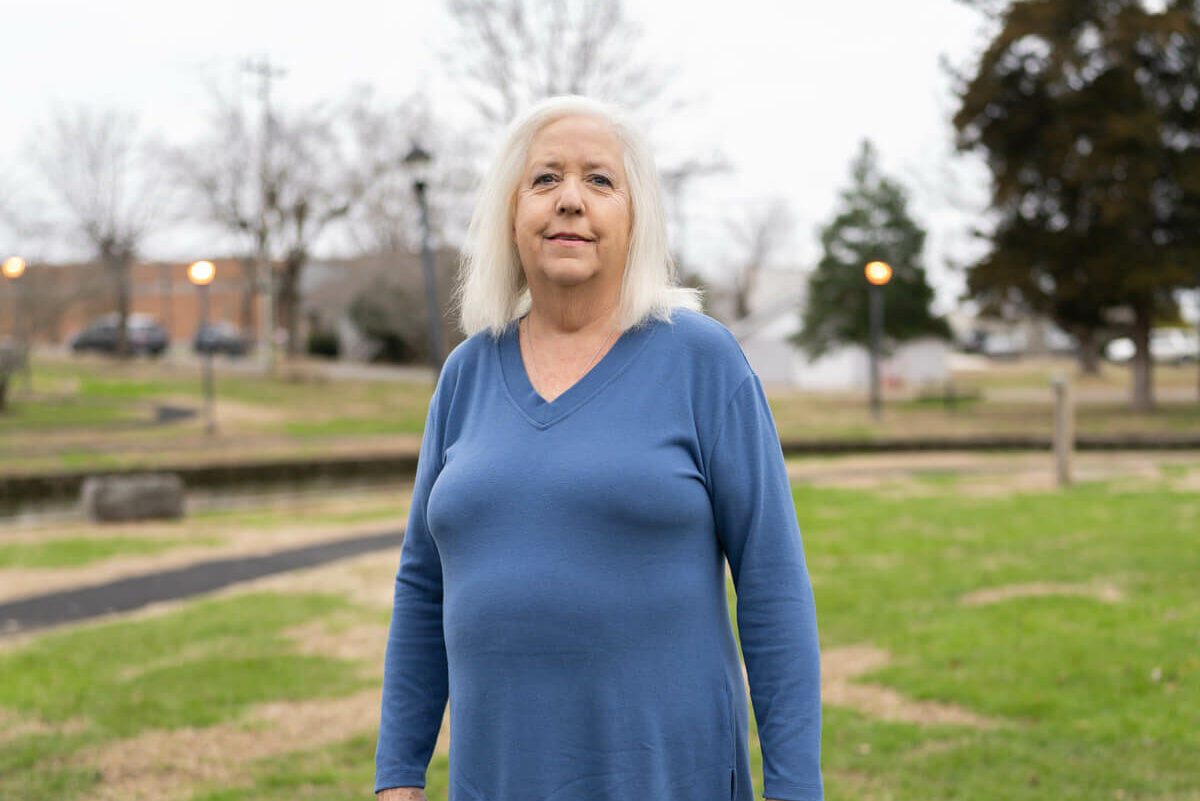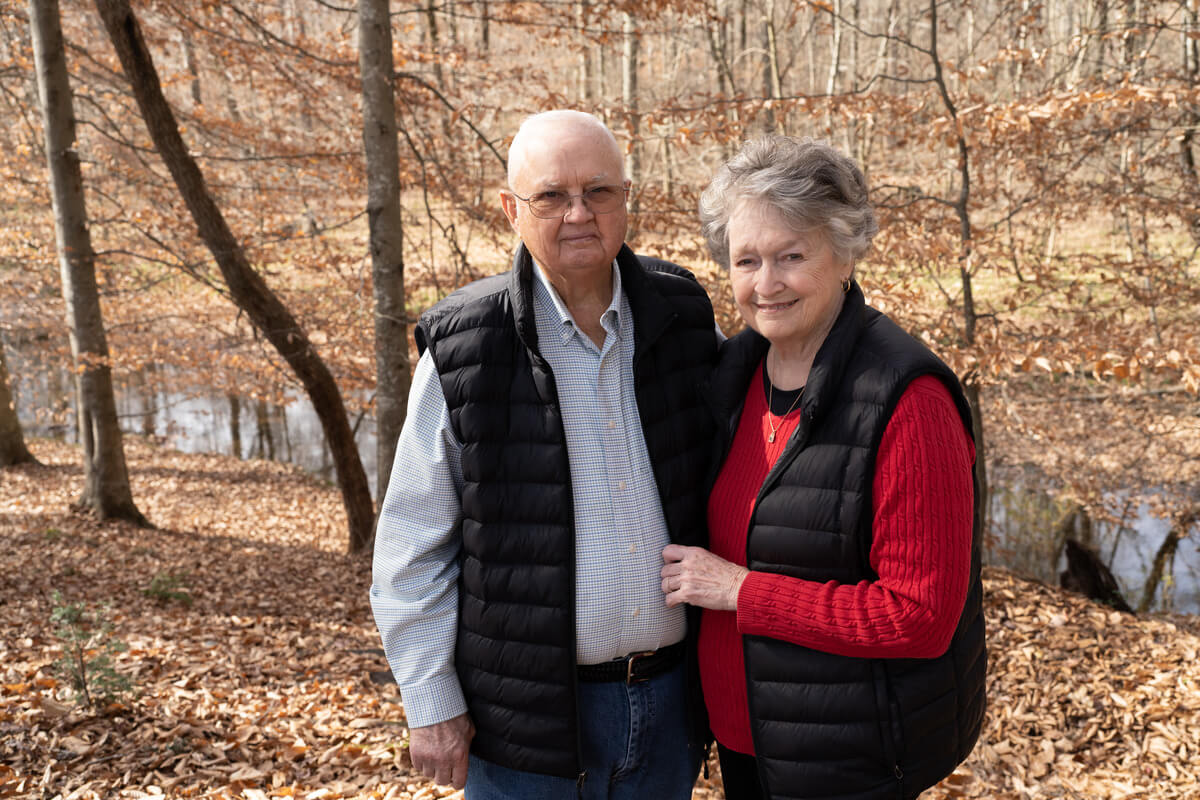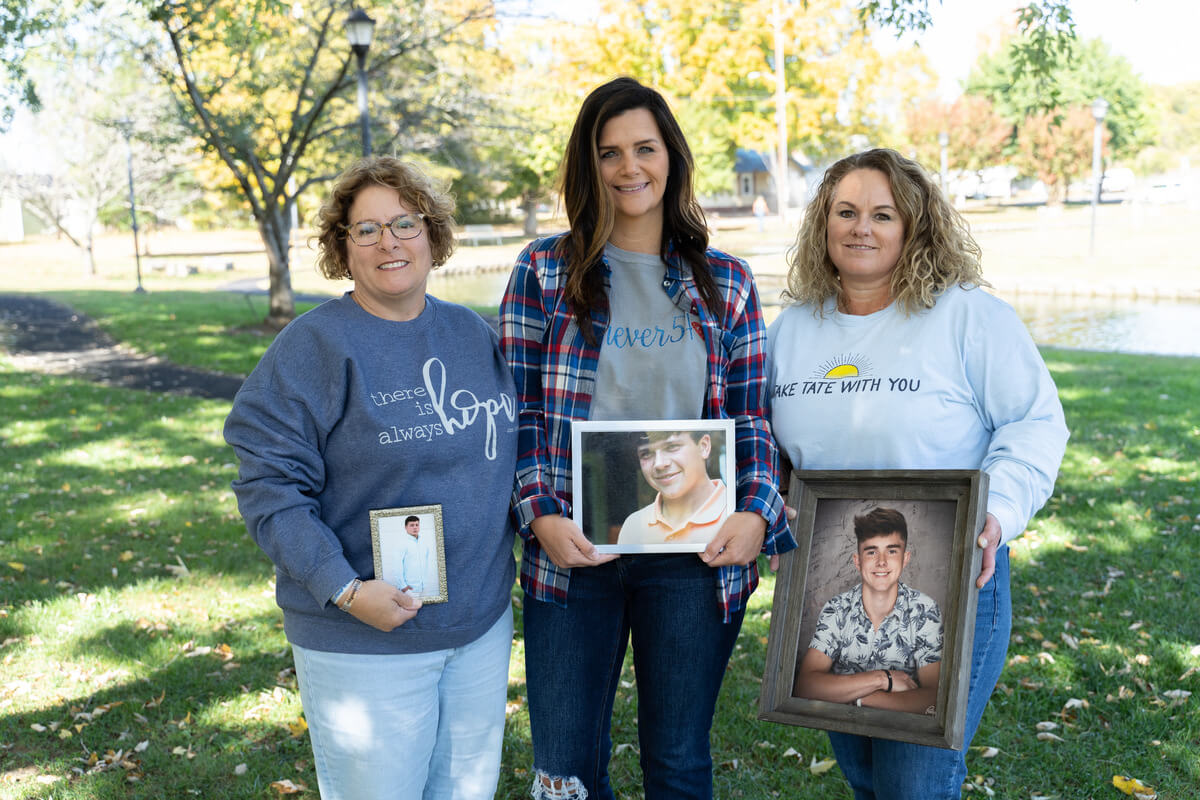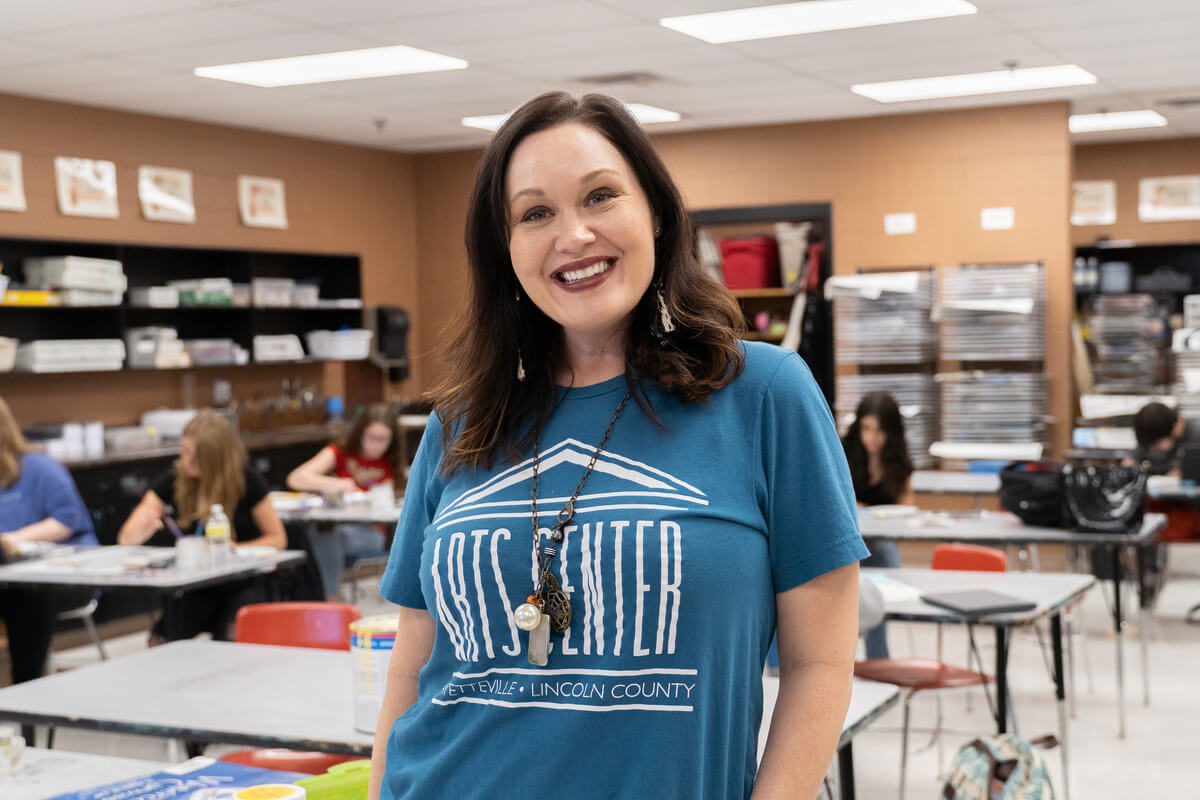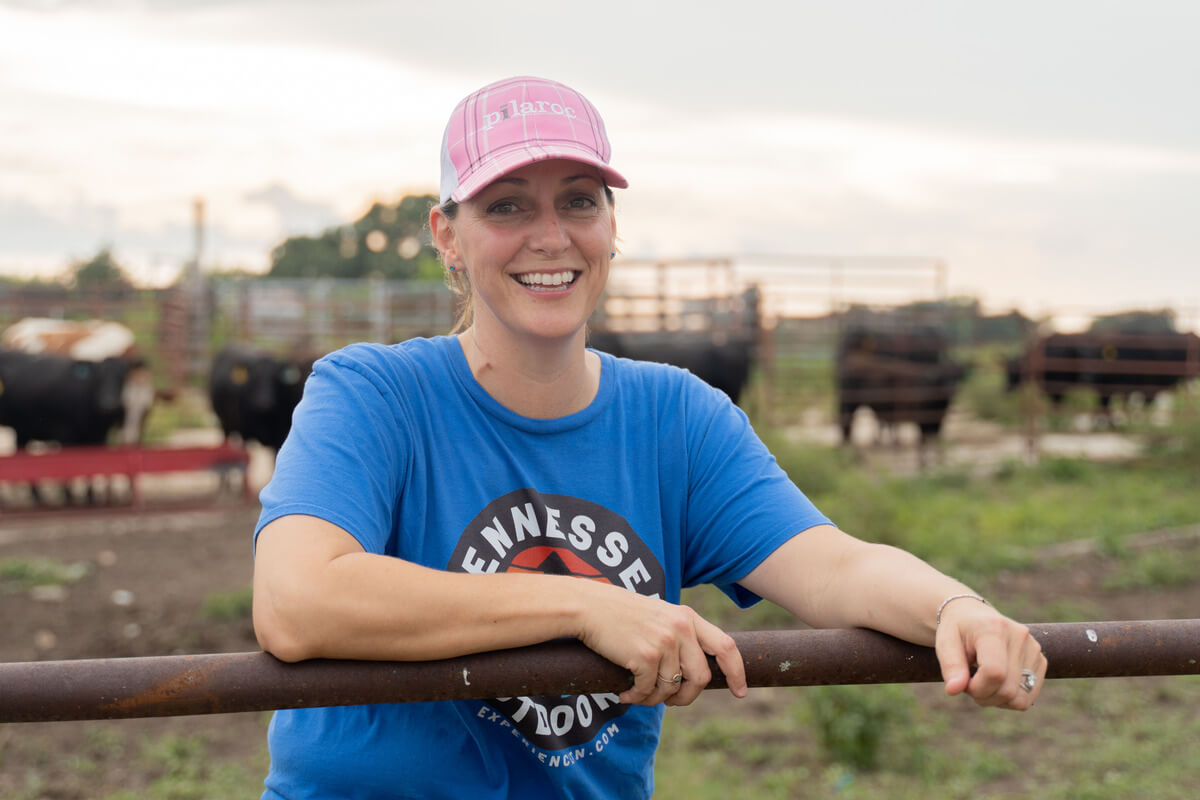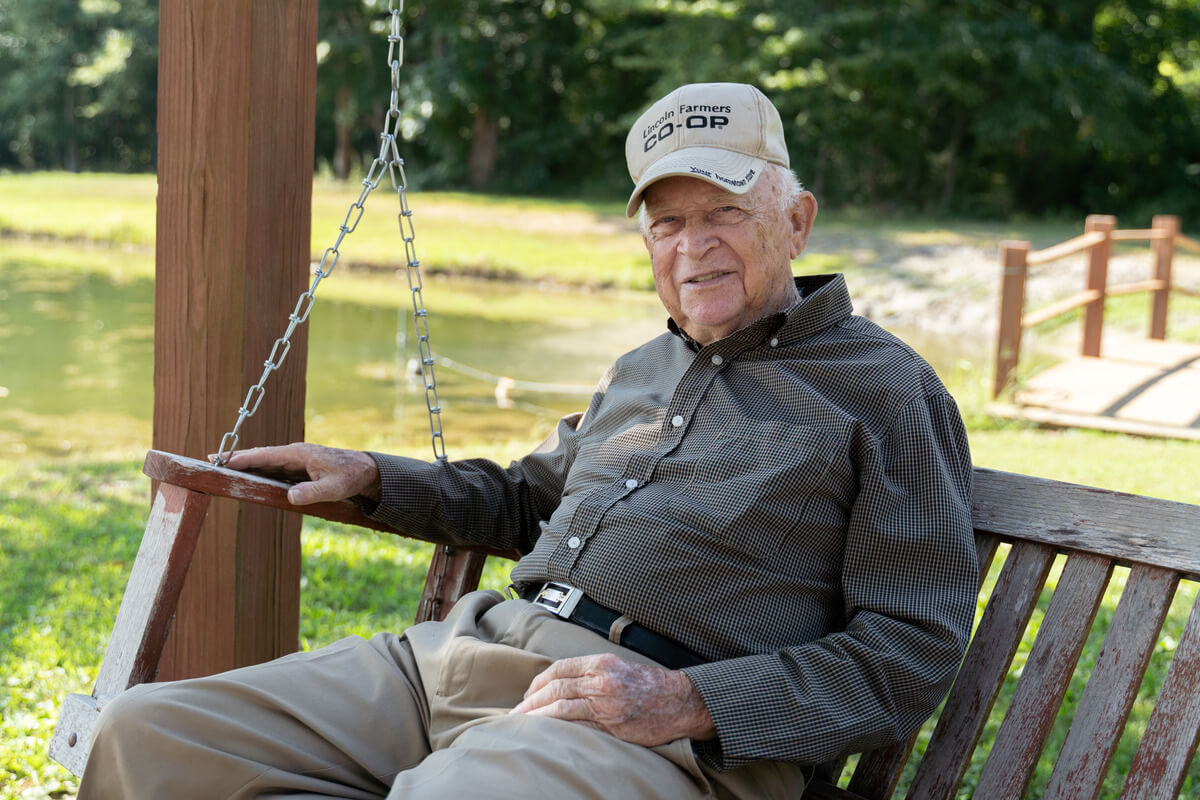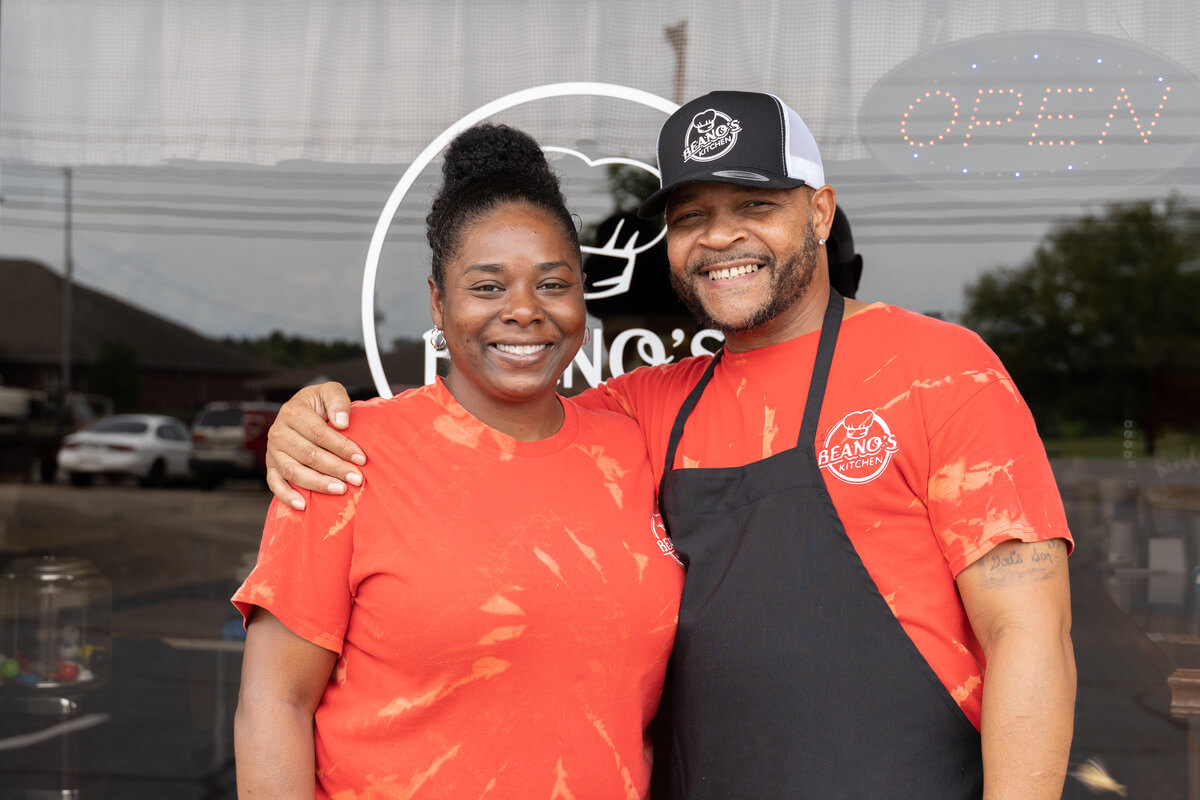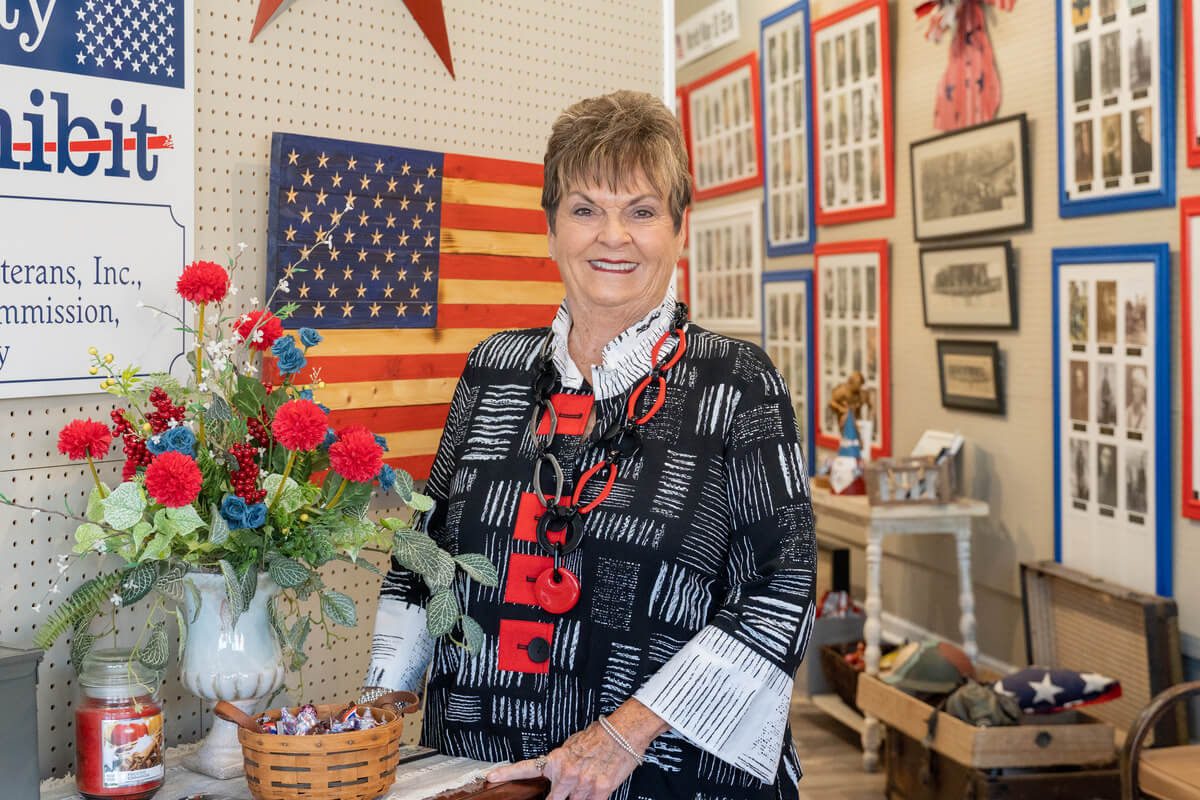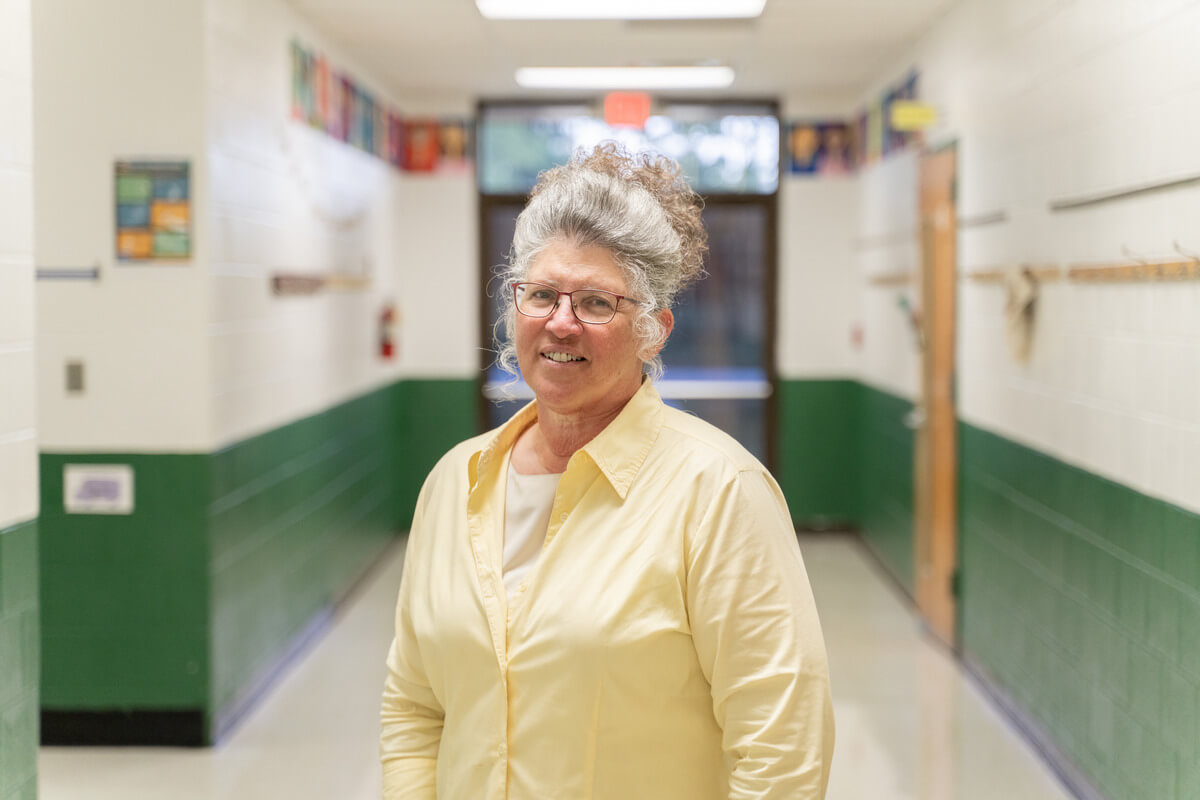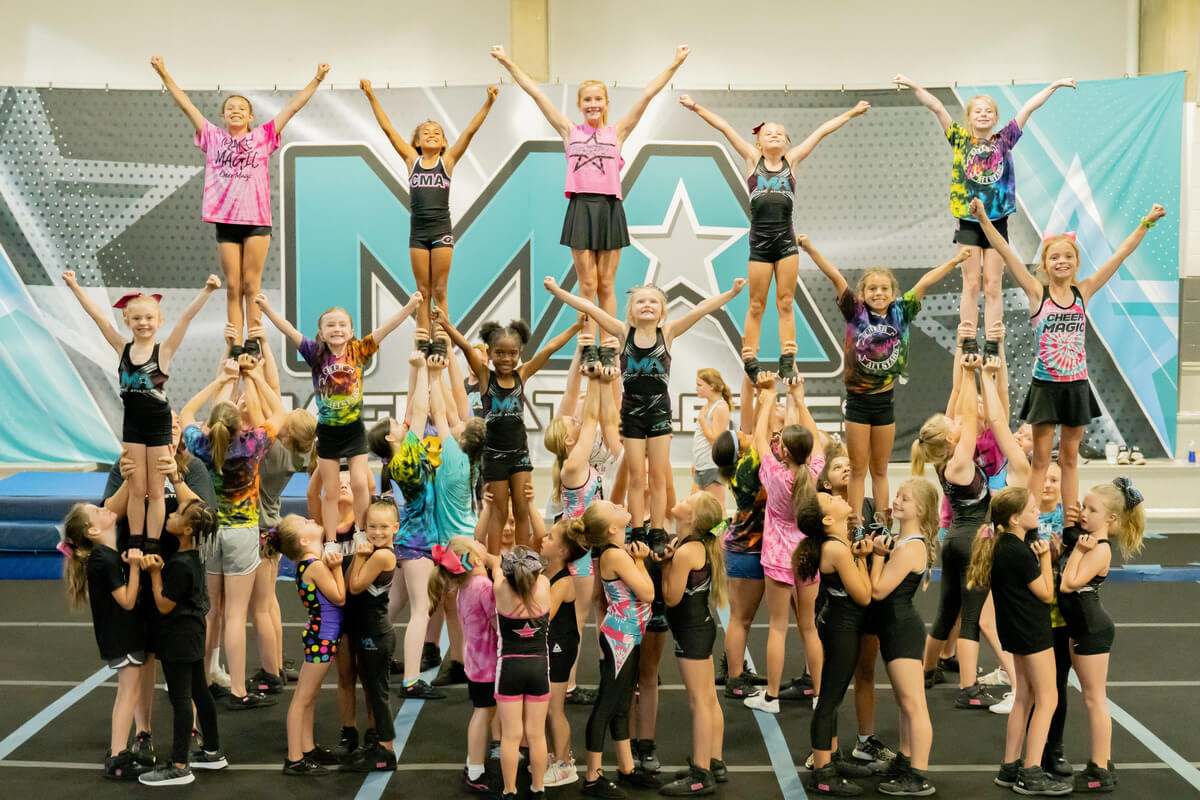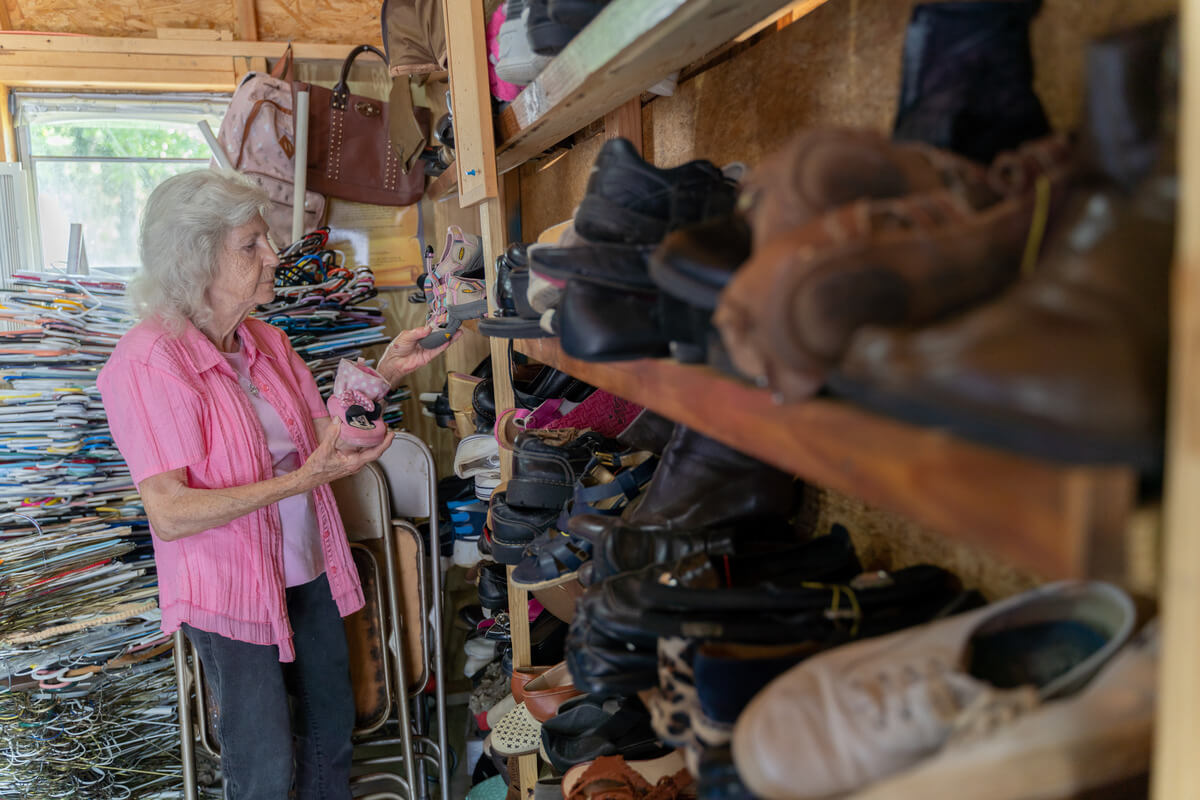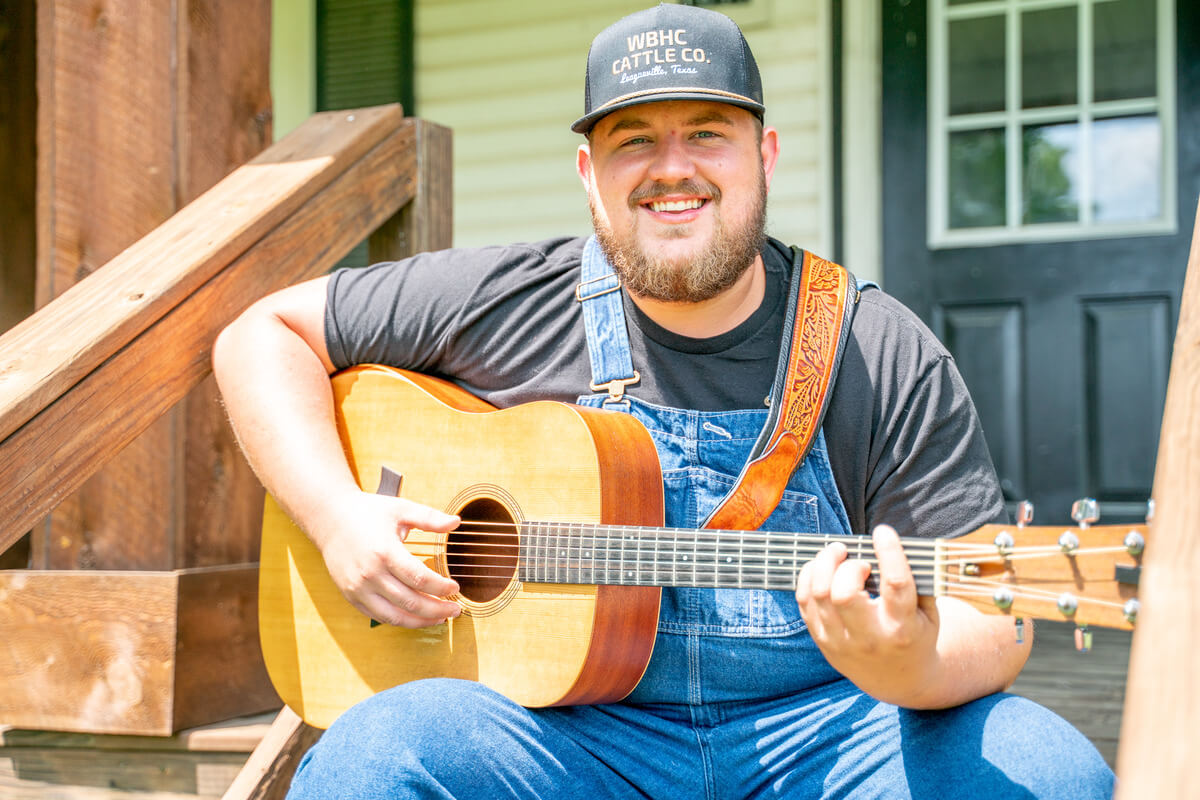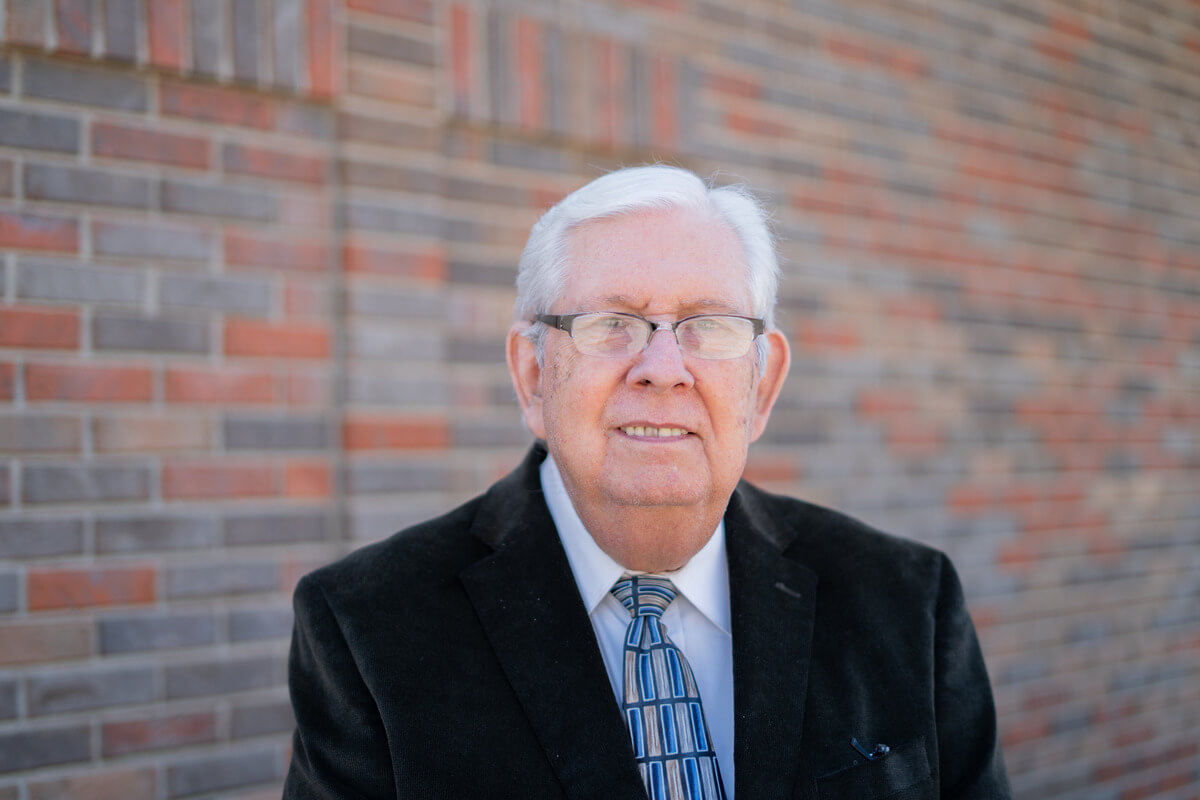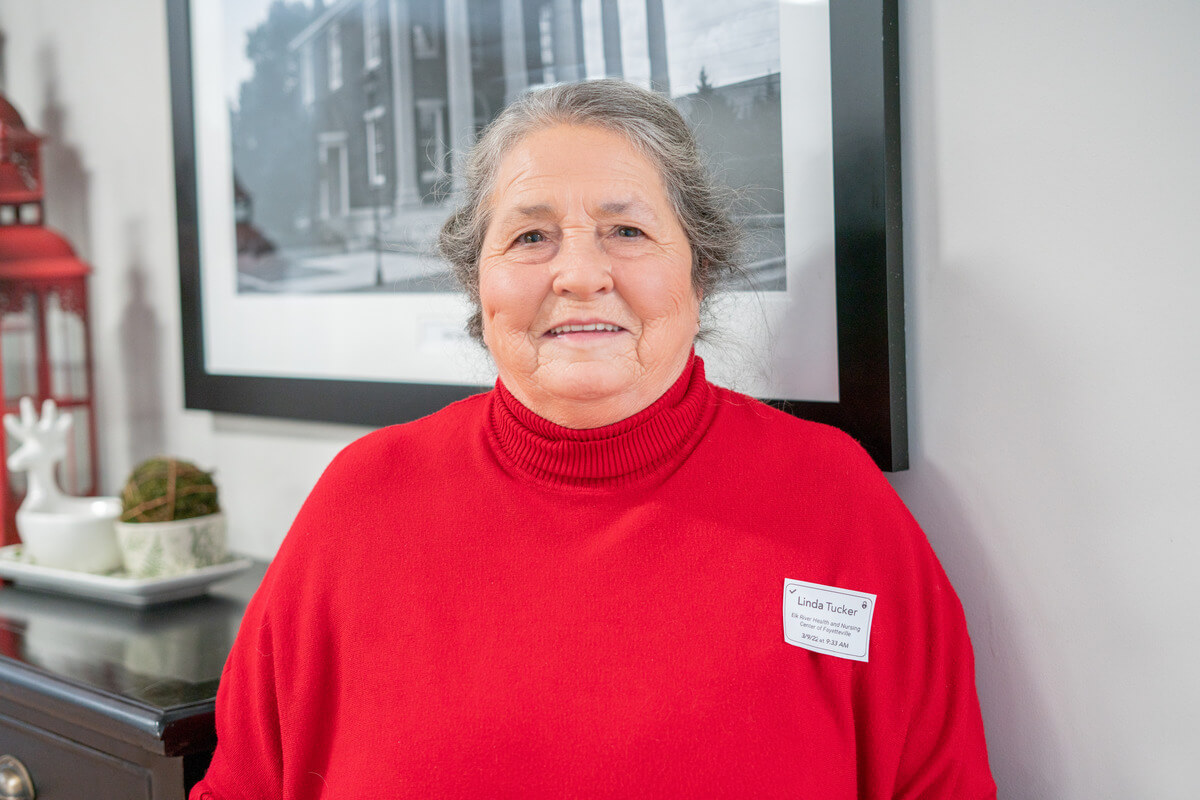IS THERE anything as polarizing, emotional, or inspiring as Tennessee Orange? Not in this neck of the woods. We wear the T-shirts, the jerseys, and the caps. We show up in the stands or cheer them on from home. We support their players and scowl at their rivals. But nobody knows more than Fayetteville’s own Gus Hill just how important wearing Tennessee orange is.
Surprisingly, Hill grew up cheering on Auburn — no Tennessee orange in sight. But now, as part of the University of Tennessee Knoxville’s (UT Knoxville) offensive line, Hill has (most of) his family and friends changing their tone.
“I visited UT Knoxville, and it just felt like home,” Hill said. “Since Tennesee is obviously my home state team, I always see friends who come up to the games and get pictures with me, which is something that’s really fun.”
Hill started playing sports when he was a young kid.
“It was just like the family thing to do,” he said.
Starting in the Junior Pro League, his first coach, Dr. Michael Shane Trahin, was the one to make him fall in love with football.

“I just loved hitting people,” he nonchalantly said.
Hill said he was initially a better baseball player. He transferred from Riverside Christian Schools, where he played baseball, basketball, and football, to Fayetteville High School before his freshman year. Unfortunately, he tore his ACL while playing football and was forced to skip his freshman baseball season. During his sophomore year, he visited Auburn University and checked out their football program.
“After that, it was just kind of, ‘Hey, I’m pretty good at this. Let’s be serious about it and stop playing other sports and just focus on football,’” Hill said.
He went on to help the Fayetteville Tigers take home their first state championship in 2020, which he said: “No one expected us to do.” He also got to play under Rusty McIntrye, an offensive line coach at the time, who Hill credits for teaching him the fundamentals of the offensive line. During Hill’s senior year, he was selected to play all-state and was actively being recruited by a couple of Division 1 schools.
“Out of nowhere, the Tennessee coach hit me up, and I went to a couple of games,” he said. “They offered me a preferred walk-on position.”
Ever since then, it’s been nonstop.
“Collegiate [football] is a full-time sport,” Hill said. “I mean, it’s nonstop, constantly doing stuff. I think that the biggest difference is just always going and like the intensity of everything. It’s next level.”
Hill estimated that players get about five weeks off throughout the year, but going from high school to college isn’t for the faint of heart. In the beginning, he struggled with how big all the players (both on his team and his opponent’s) were and how fast everything and everyone moved.

“It’s so fast-paced,” he said. “But you just either get the hang of it or you don’t. And I got the hang of it, luckily.”
Balancing his time hasn’t been easy. Most days, Hill wakes up and is working out by 6 a.m. He stays at the training facility until 11 a.m.-12 p.m., then goes to class for three or four hours, then heads back to the facility to eat dinner and have meetings.
“It depends on the part of the year, but I only get, on average, about five hours a day that is my time, if that. That’s one thing that’s just really, really hard.”
When he’s not training or at a game, Hill is working toward his finance degree — following in the footsteps of his uncles and grandfather. “As far as a dream job or career path, I haven’t really figured that part out yet,” he said. But just wrapping up his first year at UT Knoxville, he still has time. And even if he didn’t, Hill’s learned to be quick on his feet — literally and figuratively.
Playing football for this many years has allowed him to hone his decision-making skills, as athletes often have to make split-second decisions that affect not only themselves but also their teammates. But that’s only one of the many lessons football has taught him. Hill’s advice for younger athletes is: ‘Put in the work.’
“Do your own work outside of summer workouts and outside of practice,” he said. “Get in the weight room, go out on the field, run — just work harder to become better than the person you’re playing against. Doing a little more and a little better in your position is something that can change your life tremendously.”
And not only on the field but in the classroom as well.

“Learning to study and try in high school and middle school is something I wish I [had done] more of,” Hill said. “Because now I’m in college, and learning how to study and be good in school is something that’s been pretty challenging.”
While many of these lessons don’t come easy, he’s had a few people by his side to help. Along with friends, teammates, and coaches, Hill’s family has been extremely supportive by “not only coming to the games but making sure I’m taken care of mentally,” he said. His strength coach, Rhett Brooks, stands out to him.
“He’s someone that just keeps pushing me and wants me to be my best right now,” Hill said.
Being his best doesn’t only mean rising through the ranks on the team and beating his opponents. Through his years in football, he’s learned how to form meaningful connections with people different from him — debatably the most impactful lesson of all.
“I’ve learned to become friends with everybody and anybody,” Hill said. “I’ve played with people from every race, demographic, background, and culture. Especially in college, you play with people from across the nation who have completely different lives than you. You have to learn to love them and respect them. No matter what their background is, you have to trust the person you play with.” GN



